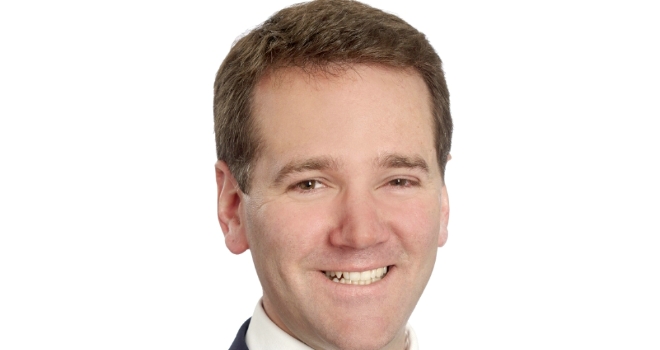
First time buyer transactions fell by 3.7 per cent to 18,300, returning to their August 2011 level, according to the latest First Time Buyer Monitor from LSL Property Services.
Citigroup said mortgage lending fell by £0.3bn and its 3-month annualised growth is the lowest since data began in 1993.
House purchase loans in September fell 7 per cent year-on-year to 47,603 – the third worst September since records began in 1993, according to research produced by e.surv chartered surveyors,
And in Q3 2012, the number of tenants in arrears of more than two months grew by 1.6 per cent month-on-month. The latest Tenant Arrears Tracker by Templeton LPA, the specialist practice of LPA Receivers showed the number of tenants in severe arrears is now 99,000, the highest number on Templeton LPA’s records (which extend back to 2008). The level of severe arrears is 15 per cent higher than the average for the previous 12 months.
It’s a good thing that we’ve taken a lead from Sophocles’ Antigone. If we shot the messenger every time we received bad news, every mortgage journalist would be toast.
But any broker looking for reassurance needs only look at the bigger picture.
The money supply has bounced back, enjoying its fastest six-month rate of growth since 2008, in a turnaround which many monetarists believe means the economy will grow faster than expected. Current real money growth rates are similar to early 2009, ahead of a year of solid economic expansion.
There are plenty of other positive developments.
The main tax hikes are over. Inflation is not as bad as it used to be – although real wages are still falling. The number of people in work in the UK is now at its highest since records began in 1971 (partly as a result of the falling cost of labour) and unemployment has now fallen 50,000 to 2.52m, the lowest level for 14 months. Because the number of people in work has gone up, total spending power is doing better. Consumer expenditure is rising once again. The average forecast for UK GDP growth for 2013 is now 1.3 per cent in the last four months. The Tory party aren’t stupid enough to do a Lamont – but compared to the dire figures seen in recent quarters, that growth is proof the long-awaited green shoots are finally upon us.





